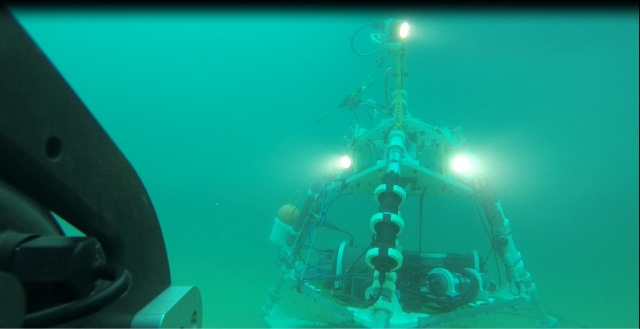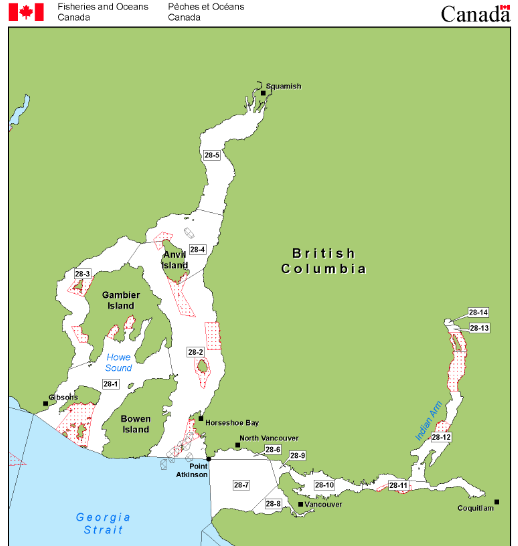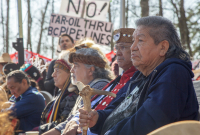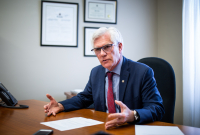Support strong Canadian climate journalism for 2025
The Tsleil-Waututh people used to source most of their food from the Burrard Inlet. Today, the food they used to rely upon so heavily has all but disappeared.
That's why they've joined forces with Ocean Networks Canada (ONC) to study, and eventually improve, the quality of the water in the Inlet. The Federal Government is investing $1.5 million into the project that will see ONC's seafloor observatory installed in the water and between three-five Tsleil-Waututh members trained and employed full-time.

“Tsleil-Waututh has a long history of harvesting oysters off the beaches and there are almost no oysters on any beach in Burrard Inlet anymore," said the Nation's Senior Advisor John Konovsky. "The water is so acidic that oysters can no longer reproduce. And we’re trying to get to the bottom of why that is.”
Konovsky and the Tsleil-Waututh Nation first approached ONC with the project two years ago. ONC has developed equipment that collects water quality data like temperature, dissolved oxygen, and PH levels. Their seafloor observatories, like the one that will sit in the inlet, are mounted with sensors and attached to the shore by a cable.

"This instrument will help us determine the quality of the water flowing into Burrard Inlet, then we can see how it changes and know what the local contribution to pollution is,” said Konovsky.
ONC will also provide the Tsleil-Waututh with sensors that can be taken out in their boats and dropped into the water to collect data. That information can then be transferred into ONC's advanced data management system.
“We’re excited about helping coastal communities collect their own data so they have the ability to see the information and protect their waters,” said Kate Moran, President & CEO of Ocean Networks Canada. "It's tailored to their needs."
On Fisheries and Oceans Canada's website, all of Burrard Inlet is closed to bivalve harvesting due to their potential contamination by biotoxins from industrial pollution.

Tsleil-Waututh Chief Maureen Thomas said in a new release, "We may have our disagreements (with the federal government) about other issues, but I'm glad we can find some common ground. The launch of this new partnership is an important step to ensure the future of our region" said Tsleil-Waututh Chief Maureen Thomas said in a new release. "Tsleil-Waututh envisions a sustainable future for Burrard Inlet, where wild foods harvested by our ancestors are abundant, and our waters are clean and healthy."






Comments